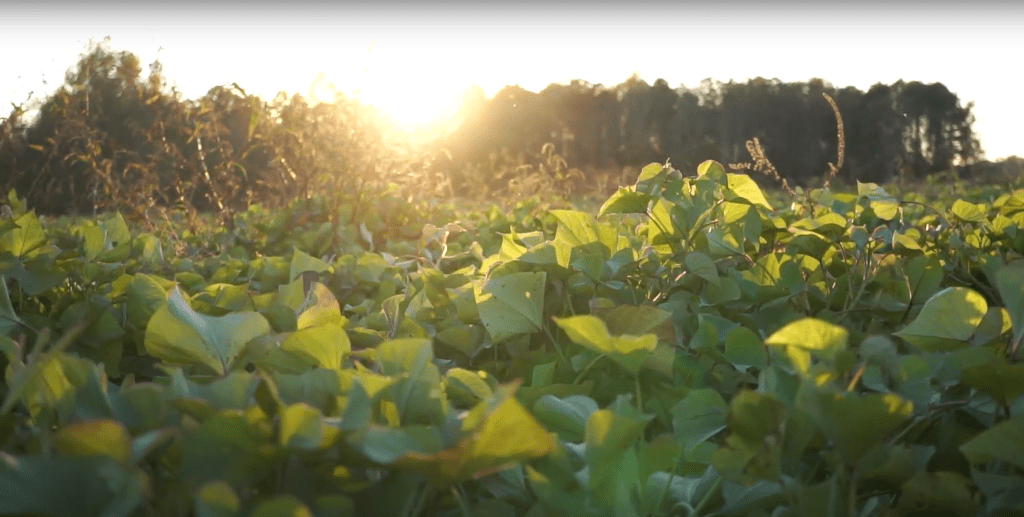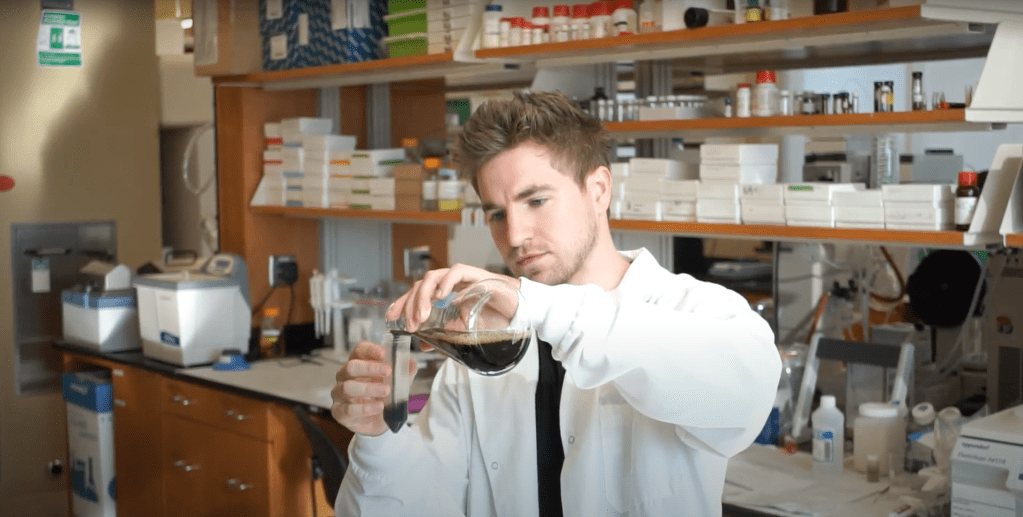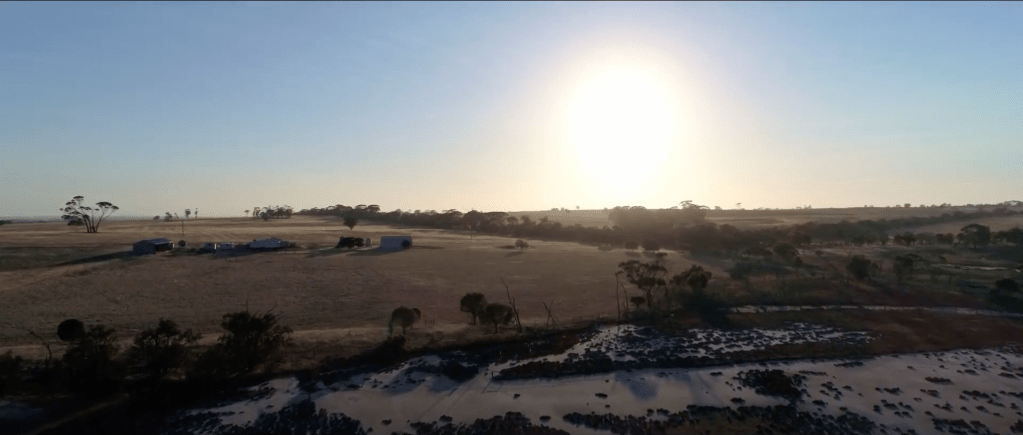Leaf protein is the Earth’s most abundant source of protein, and Australian start-up, The Leaf Protein Co, is harnessing its power to shake up the booming plant protein sector.
Established in September 2020, The Leaf Protein Co is the brainchild of Fern Ho, who, after developing a number of food allergies in adulthood, formed a keen interest in food provenance and sustainability. She knew about plant-based foods, and like many was aware of the world’s looming food security crisis. But it wasn’t until she met a now founding team member of The Leaf Protein Co, and learned about Rubisco – a protein found in any green living plant – that her entrepreneurial spirit was triggered.
“I discovered that the concept had been around for many decades. Rubisco has been used in the past as a crude form of protein for animal feed … so definitely not food grade,” Ho said.
The Leaf Protein Co’s mission is to change that by developing a ‘library’ of leaf protein products that can be used by manufacturers to create plant-based food items. Today, only two plants – soy and wheat – make up the bulk of what manufacturers use as their source of plant protein ingredients, with some growth in pulse proteins. Despite their wide use, there are challenges.

Firstly, wheat and soy contain allergens, reducing the potential customer-base for the products they end up in. Secondly, for large monoculture crops, there are often questions about the health and nutritional impact of genetically modified foods. And then there’s the broader issue of biodiversity loss.
According to the UN, humans depend on little more than 30 plant species, despite 6000-7000 having been cultivated for food throughout history. Amazingly, 40 percent of our daily calories come from just three crops: rice, wheat and maize.
“The big problem with this is that broad acre, huge monoculture crops are becoming more and more susceptible to disease and pests, which means more pesticides and fertilisers are used, and then the soil degrades. So it’s a bit of a vicious cycle. That’s what drives our vision of building a leaf protein library,” Ho told Future Alternative.
Building a library
The Leaf Protein Co’s first protein products were derived from Saltbush, a native Australian plant, and Pereskia, a leafy cactus native to Brazil, and while they were able to produce enough product for lab scale testing, ensuring an ongoing supply of both varieties still has some way to go. The focus has now shifted to crop by-products, specifically sweet potato leaves, with other crops in the pipeline.
It represents a big win for biodiversity, but adds significant complexity to the extraction process.

“Every leaf has a different chemical composition that will affect the end flavour and colour of leaf protein. So what that means is that the extraction process will ultimately need to be refined and optimised for each different leaf source, particularly if it’s going to be used as a standard food ingredient by big food companies like Kraft Heinz or Nestle. They’re going to want something that’s pretty neutral in taste and colour that can be used as a protein ingredient in say, a plant-based burger patty and vegan cheese,” Ho said.
And that’s what the company – together with the CSIRO – has been focusing on, with plans to have trial runs ready for very eager food manufacturers in the coming weeks.
“One of the big reasons why [leaf protein] isn’t commercially available today is because the science, or the technology, of the extraction hasn’t been developed sufficiently to make it economically viable. So that’s essentially what we’re doing,” she said.

A more holistic, global approach
The Leaf Protein Co’s co-founder and chief scientific officer, Connor Balfany, is based in the US, where he’s working on his PhD on leaf protein extraction using Saltbush. Both he and Ho have been partnering with farmers and agronomists in their respective countries, learning more about the leaf protein potential of different plant species. It’s the beginnings of a global approach for this Australian start-up, which is determined to celebrate the local biodiversity of every market it enters.
“We’re looking to reverse some of the current big food systems that grow large monocultures in bulk that get shipped and processed on the other side of the planet and then shipped back again for re-distribution,” Ho said. “Instead we want to nurture the biodiversity in every different location. We’ll use leaf sources that naturally grow best in a location, produce our leaf protein ingredient and organise distribution from that location, rather than shipping things back and forth.
“We definitely want to approach this holistically, with biodiversity front of mind.”
To stay up-to-date on the latest industry headlines, sign up to Future Alternative’s enewsletter.
Posted on:


